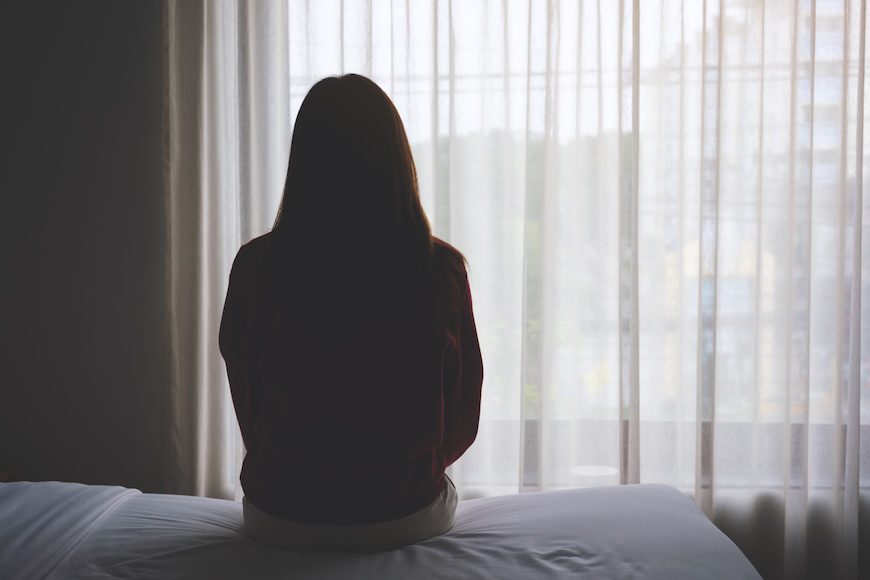This week, we’ve got more sobering post-COVID research, new schizophrenia data, and an update on suicides involving sodium nitrite.
COVID-19 Threatens Those Already Living With Mental Illness
A recent study in The Journal of Clinical Psychiatry highlights the significant psychological toll of the COVID-19 pandemic on adults with severe mental illness (SMI). Classified as disorders that hamper major life activities, SMIs plague more than 13 million adults in the United States.
Tragically, 2.5 million of them live below the poverty line. In Georgia alone, 3.6 percent of adults suffer from conditions like schizophrenia, bipolar disorder, and major depressive disorders.
The pandemic – and the lockdowns that clamped down right behind it – made life even worse for them. The numbers are as startling as they are heart-wrenching:
- Individuals with SMIs who contracted COVID-19 faced 2.5 times the psychological distress of those who didn’t.
- And those who sheltered (safely) in place fared no better.
- Women with SMIs were nearly three times as likely to report depression compared to men.
And, in a twist worthy of O. Henry, those who benefited from a strong social support network endured higher levels of stress during the pandemic. The authors suggest it could stem from the sudden shift toward virtual support solutions.
The study highlights (once again) the vulnerability of those with SMIs during times of crisis. Cognitive impairments, financial challenges, and upended routines disrupted access to care and triggered symptom relapses. Many also had a hard time accessing telehealth, since broadband internet access and the technical skills aren’t as widespread as policymakers would have us believe.
Despite all of this – or maybe because of it – this paper sheds light on an underrepresented population often left in the dark. As a result, the authors call for more tailored interventions and a greater integration of mental health care in public health responses.
In short, the findings underscore a desperate need to prioritize mental health support for vulnerable populations during a public health crisis. As the world continues to search for the new normal in the aftermath of the pandemic, research like this offers insight, direction, and a little hope.
IN OTHER PSYCHIATRY AND NEUROLOGY NEWS
The Primary Care Companion for CNS Disorders reports this week on the challenges of treating insomnia in the hospital setting.
JCP published an update this week on the disturbing trend of using sodium nitrite to attempt suicide.
PCC also examines a novel – technological – treatment for trichotillomania.
And researchers wonder if high-dose sulforaphane can help with negative schizophrenia symptoms.
Finally, stay updated on our latest coverage of Emerging Approaches in Schizophrenia.



